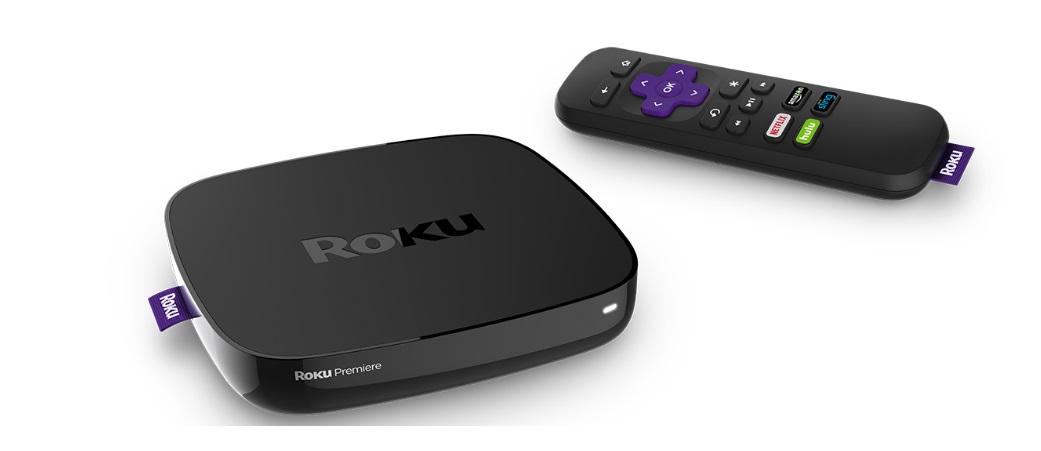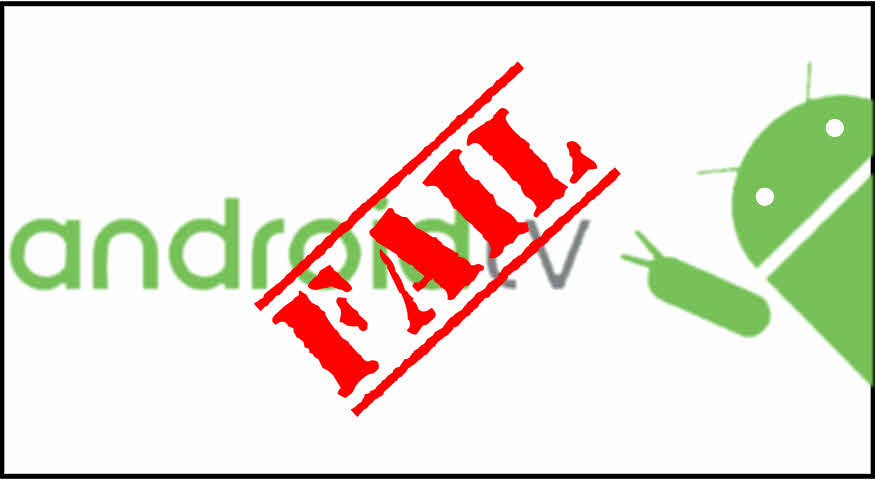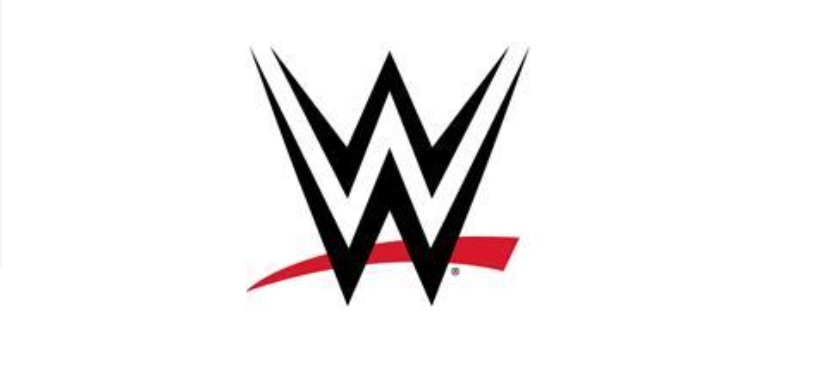When Roku first launched as a way to stream Netflix it helped begin to change how streaming was perceived as a medium for content delivery. Along with the Nintendo Wii the Roku’s original entry was an early harbinger of things to come in the streaming world.
Roku has been long established as a place for streaming and on-demand services to thrive but as more companies have gotten into the live TV world it appears Roku is primed and ready to be a major player in the delivery of services for both cable substitutes like Sling TV and PlayStation Vue as well as traditional services through a cable company.
Why Rokus Will Become More Like Cable Boxes
Do you know the big advantage Sling TV, PlayStation View, DirecTV Now and Hulu have over the giants of the cable industry? They have absolutely no hardware to maintain. While legacy providers make money via installation services and such, the constant churn of people having to return defective products has to be dealt with. Almost everytime I walked into a cable office it was to exchange a cable box. I bet it is the same for you. All these streaming TV services have to do is tell people to download an app and boom they have a paying subscriber. In many cases, they have deals in place that provide a streaming player for free as long as people buy in for a few months.
The legacy companies are starting to notice and get in on the action. Over the past few years cable providers have been launching apps for home use that recreate the set top box experience on Roku and other devices. I set the Spectrum app for Roku up for my father just to take care the fact that his cable box wasn’t working properly and he has not looked back. There are new services launching every year that actually provide cable services to Rokus directly such as a pilot program in NYC. Recently Century Link, which operates as an Internet and TV provider in a number of markets launched a service called Century Link Stream, which is available nationwide. One of its primary delivery systems is Roku. It essentially operates as a cable service building on its established model.
As High-Speed Internet becomes more powerful I expect to see major players experiment more with this kind of offering. And I think as they do, Roku will be the big winner. The main reason I think so is that Roku does not really have an agenda. It poses no risk of asking people to use their own services instead of its partner service. Plus, cable boxes are getting more like streaming players as they evolve. Companies are putting apps like Netflix and in some cases even Sling TV’s International offings on cable boxes to expand what they can provide.
Even if legacy providers do not choose to work with Roku it is becoming easier and easier to turn in old equipment, buy a Roku and use it as the primary TV device. They are great for users who want to save money on rental fees for extra cable boxes for instance. If Roku plays it right, it will be the choice of both cord cutters and legacy users. This would be a good play considering that despite all of the buzz, most people still use traditional cable services. That is actually the best place to be right now. Because it doesn’t look like these companies are going anywhere.





